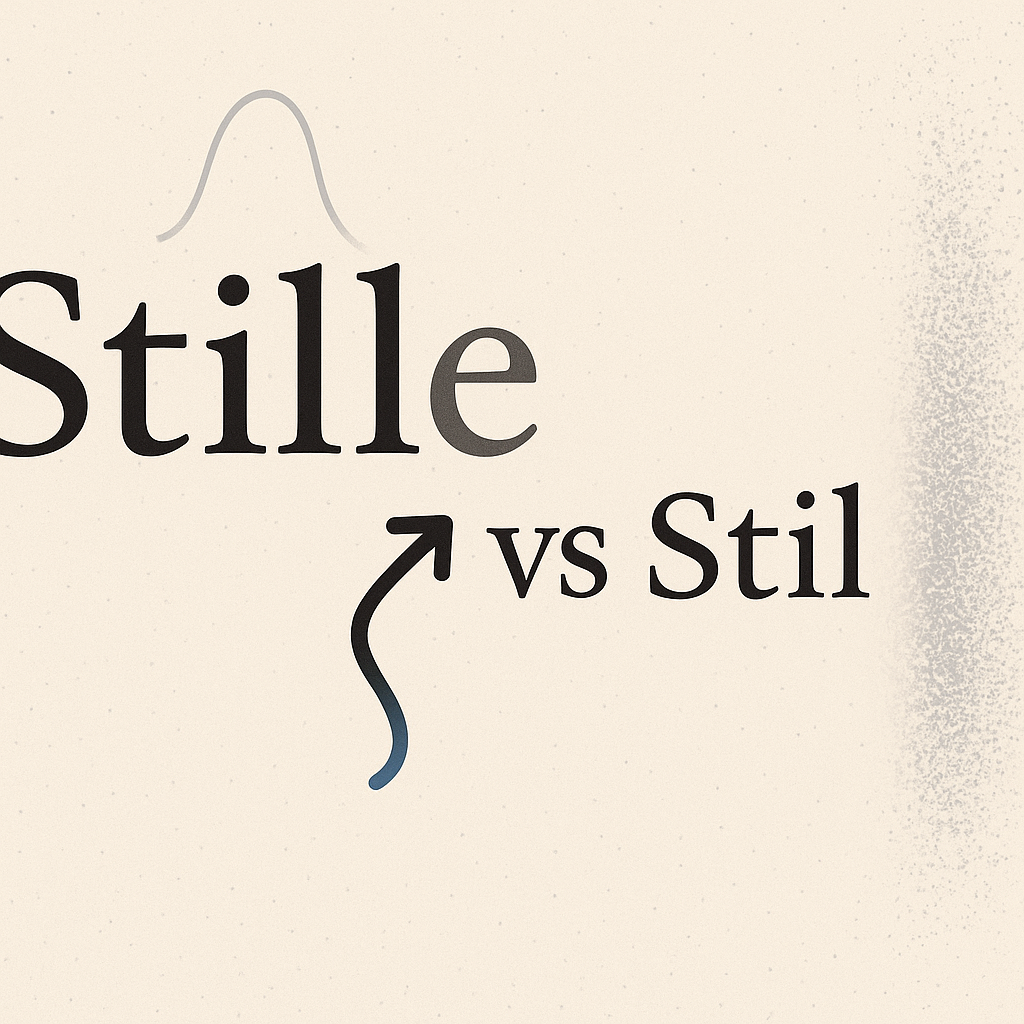Por el profesor Tony Artigas
🔗 Versión original en español
✍️ Adaptación al inglés y formateado por Tymur Levitin
🌍 ¿Buscas un idioma? Elija aquí su idioma
Por qué las entrevistas en otro idioma pueden ser un verdadero reto
A la hora de enfrentarse a una entrevista de trabajo en una lengua distinta a la materna, la mayoría de la gente se centra en qué decir y cómo decirlo correctamente. Pero la clave radica no sólo en la fluidez, sino en confianza, adaptabilidad y estrategia.
Tanto si no es usted nativo como si está aprendiendo un nuevo idioma, la entrevista de trabajo pone a prueba sus conocimientos y su serenidad. Y no solo se aplica a los principiantes: incluso los hablantes intermedios y avanzados pueden tener problemas bajo presión.
Las dos realidades de entrevistar en otro idioma
1. Se espera que actúe como un hablante nativo
Es posible que los empresarios esperen inconscientemente que se comporte como un hablante nativo, aunque su currículum demuestre lo contrario.
Este desfase de expectativas puede dar lugar a malentendidos o juicios erróneos durante una entrevista. Puede que le parezca que su tono es educado, pero para un hablante nativo puede sonar inseguro o evasivo. Puede que responda con las palabras adecuadas, pero le falte la señales no verbales o modismos culturales que transmiten seguridad o entusiasmo.
Por eso es esencial no sólo conocer el idioma, sino también comprender los códigos culturales que lo acompañan.
2. En realidad está realizando una doble entrevista
No sólo se evalúan tus aptitudes, sino también tu capacidad de comunicación intercultural.
Por eso las entrevistas en un idioma extranjero requieren una preparación diferente. No basta con memorizar vocabulario o ensayar respuestas enlatadas. Es necesario:
- Comprender cómo personas entrevistadas en esa cultura
- Sepa qué se considera cortés, persuasivo o apropiado
- Maestro tono, pausas y lenguaje corporal
¿Cómo prepararse?
He aquí algunas técnicas sencillas pero eficaces que pueden aumentar sus posibilidades de éxito:
✅ Practica escenarios reales, no sólo el lenguaje.
No te limites a memorizar preguntas y respuestas. Practica simulaciones de entrevistas en directo con un tutor o profesor. Incluye preguntas incómodas, interrupciones y giros inesperados.
✅ Aprender las "habilidades blandas" del idioma.
Concéntrese en el tono, la cortesía, la expresión de desacuerdo o el entusiasmo sin sonar exagerado. Estas habilidades blandas suelen ser las que diferencian a los candidatos.
✅ Investigar las normas culturales
¿Cómo se saludan los profesionales de ese país? ¿Son sus respuestas directas o indirectas? ¿Las historias personales son bienvenidas o se desaconsejan?
✅ No temas aclarar las cosas
Si no entiendes una pregunta, pide amablemente que te la aclaren. Demuestra profesionalidad, no debilidad.
Reflexiones finales
Hacer una entrevista en otro idioma es algo más que una prueba de vocabulario. Es un momento de conexión real -o de oportunidad perdida- que depende de mucho más que la gramática.
Comprendiendo cómo lengua, cultura y autopresentación se cruzan, puedes entrar en la habitación no sólo con la esperanza de sobrevivir... sino listo para triunfar.
🖋️ Sobre el autor
Profesor Tony Artigas es experta en comunicación intercultural y coaching lingüístico. Este artículo fue escrito originalmente en español y adaptado para los lectores ingleses por Tymur Levitinfundador de la Escuela de Idiomas Levitin.
Agradecemos al profesor Artigas su permiso y colaboración para poner esta importante información a disposición de nuestra audiencia mundial.
📚 Más información
- Lea nuestro blog para más información
- Elija su idioma y empieza a aprender
- Póngase en contacto con nosotros para formación personalizada y preparación de entrevistas
























